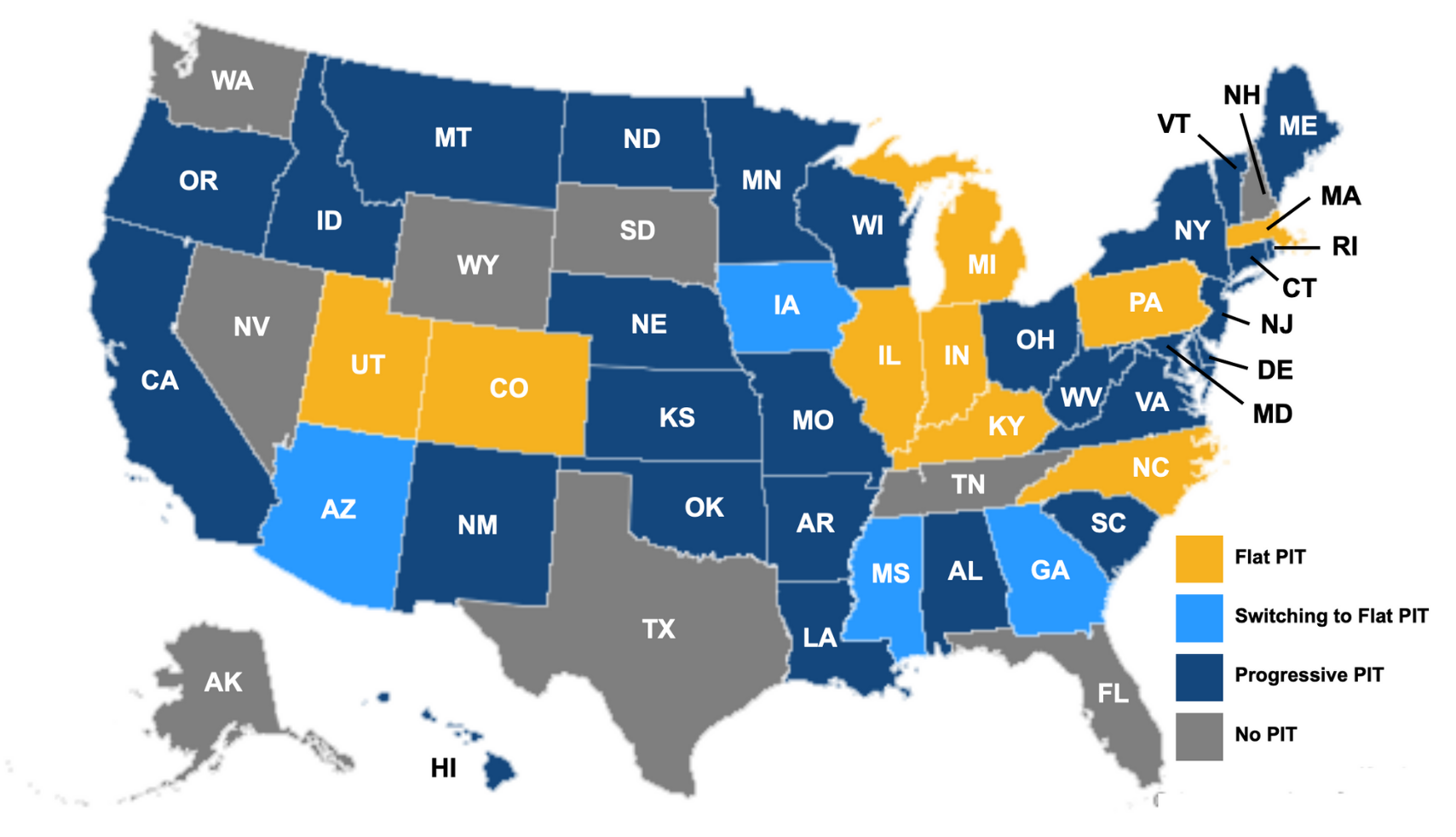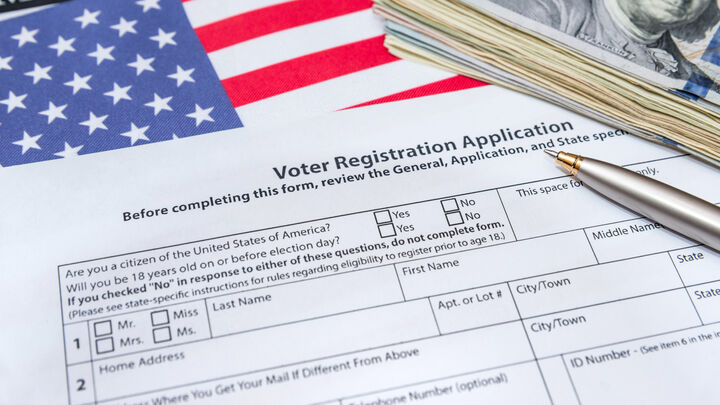The Problem: In Wisconsin, transgender females (biological males) are not prohibited from competing in public school and universities’ female sports programs, opening the door for an unfair advantage against the very athletes who have historically struggled to be allowed to compete on an even playing field—biologically female athletes.
The Wisconsin Interscholastic Athletic Association, which regulates high school sports, and the National Collegiate Athletic Association, in which nine UW-System universities participate,[1] both require transgender females to complete twelve months of testosterone suppressants before competing in female sports programs.[2] Until those twelve months are completed, the student may of course compete in male sports programs. This twelve month requirement is likely based on the Olympic standard, the medical validity of which has been questioned in recent years.[3] The body of evidence that, for instance, a biologically male athlete who has undergone a twelve month treatment of testosterone suppressants has completely overcome the 10-50% performance advantage that males have over females at puberty is small to non-existent.[4] The very fact this requirement exists—and that athletic associations require transgender females who have not completed the twelve months of suppressants to compete on male teams only—gives lie to the claim that transgender females are no different than biological females. Questions of fairness and safety remain.
The Solution: Wisconsin has a responsibility to protect the rights of all students and that is particularly important in the case of female school sports given the discrimination their programs have faced in the past. While this new science is still developing and the matter of performance gaps between the sexes remains unsettled, the state should ensure that female athletes are able to compete on a level playing field and the only way the state can regulate that playing field is by biological sex. Differences in height, stamina, bone density, skeletal structure, etc., exist across the sexes and can give advantages or disadvantages in any sport. Government cannot and does not discriminate on those individual characteristics. Without longitudinal studies on the average effect on the performance gap between the sexes when hormone suppressants, surgery and other gender transitioning processes are performed at different ages and for different lengths of time, government cannot guarantee that female athletes are competing on an even playing field if they are competing against transgender females.
A bill that protects the rights of female athletes to compete on a level playing field is necessary and right. This bill should in no way prohibit transgender females from competing in public and university sports as they still have the option to participate in co-ed sports and even male sports if it is still safe for them to do so, as current athletic association policies specify. In fact this policy may lead to the creation of many more co-ed sports programs, which is a laudable outcome.
Resources:
- https://www.wisconsin.edu/offices/wisconsin-intercollegiate-athletic-conference-wiac/#:~:text=The%20Wisconsin%20Intercollegiate%20Athletic%20Conference,%2DSuperior%20and%20UW%2DWhitewater.
- https://www.wiaawi.org/Portals/0/PDF/Eligibility/WIAAtransgenderpolicy.pdf; https://ncaaorg.s3.amazonaws.com/inclusion/lgbtq/INC_TransgenderHandbook.pdf
- https://www.nbcnews.com/feature/nbc-out/trans-women-retain-athletic-edge-after-year-hormone-therapy-study-n1252764
- https://pubmed.ncbi.nlm.nih.gov/33289906/#:~:text=Longitudinal%20studies%20examining%20the%20effects,after%2012%20months%20of%20treatment













